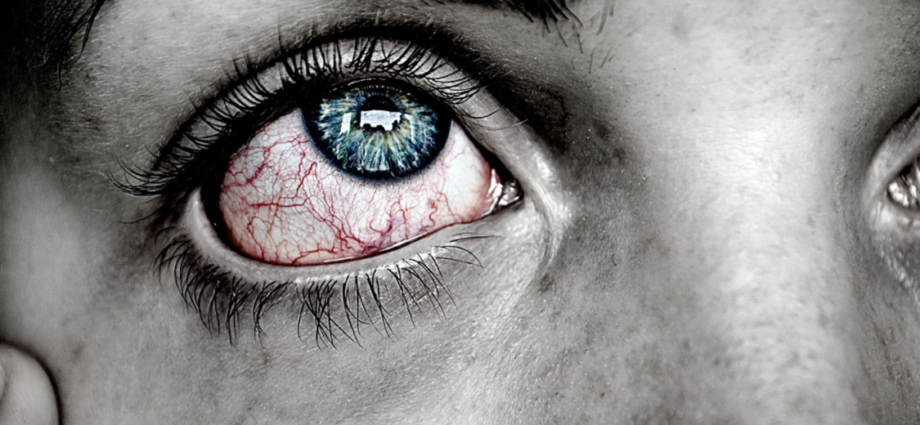|
|
Somatoform Disorder (now referred to as Somatoform Symptom Disorder SSD) is a mental disorder that occurs in people preoccupied with bodily functions such as their heart beat, breathing or digestion. People who appear to be perfectly healthy but constantly worry about minor physical problems, a small sore or mild cough may convince others they have cancer or some other dreaded disease. Typically, they can’t give up their fears of illness even when doctors can find no medical basis for their complaints (Korol, Craig & Firestone, 2003).
Hypochondriasis
This condition can be described as Hypochondriasis. A related problem called Somatization Disorder is characterized when people express their anxieties through various bodily complaints. Such as shortness of breath, painful menstruation, or vomiting/ nausea. They feel sick almost all the time and constantly go to the doctor, even though no cause is found. Many take multiple prescriptions regardless.
The Worried Well
At one end of the spectrum we find the “worried well” – a term that could describe most of us. People who believe they’re ill when they’re actually not. Next we have “health anxiety.” These are fleeting illnesses due to “fears and beliefs” based on interpretations or misinterpretations of bodily signs.
Cyberchondria
Cyberchondria comes next on the spectrum and can be fleeting or chronic. Cyberchondria is a recent term defined as an anxiety induced by escalation during health-related online search. For example, you search for “sore throat” and you become engrossed and horrified by reading descriptions of throat cancer. Your anxiety level escalates as well.
We used to refer to about 75 percent of what was formerly called Hypochondria into a new diagnostic concept called Somatic Symptom Disorder (SSD). These days the remaining 25 percent is considered Illness Anxiety Disorder.
Hypochondria History
Changing an official diagnosis and description may cause anxiety in its own right. The term Hypochondria has been used in literature for over one hundred years. Hypochondriacs believe their symptoms are signs of a serious condition, but when pressed they have trouble coming up with a precise description of their symptoms. They repeatedly seek medical advice and often become disappointed when no actual problem is found.
Childhood Abuse
Somatoform Symptom Disorder (SSD) occurs in nearly 10 percent of the adult population. Women are affected ten times more than men. The reason may be linked to childhood abuse or trauma, to which women are exposed more often than men. People with SSD often have anxiety and depression as well as a history of substance or alcohol abuse and a chaotic lifestyle.
This report is not a diagnosis. We hope this information can guide you toward improving your life.
Review our Knowledge Base or the links displayed on this page for similar and related topics.

